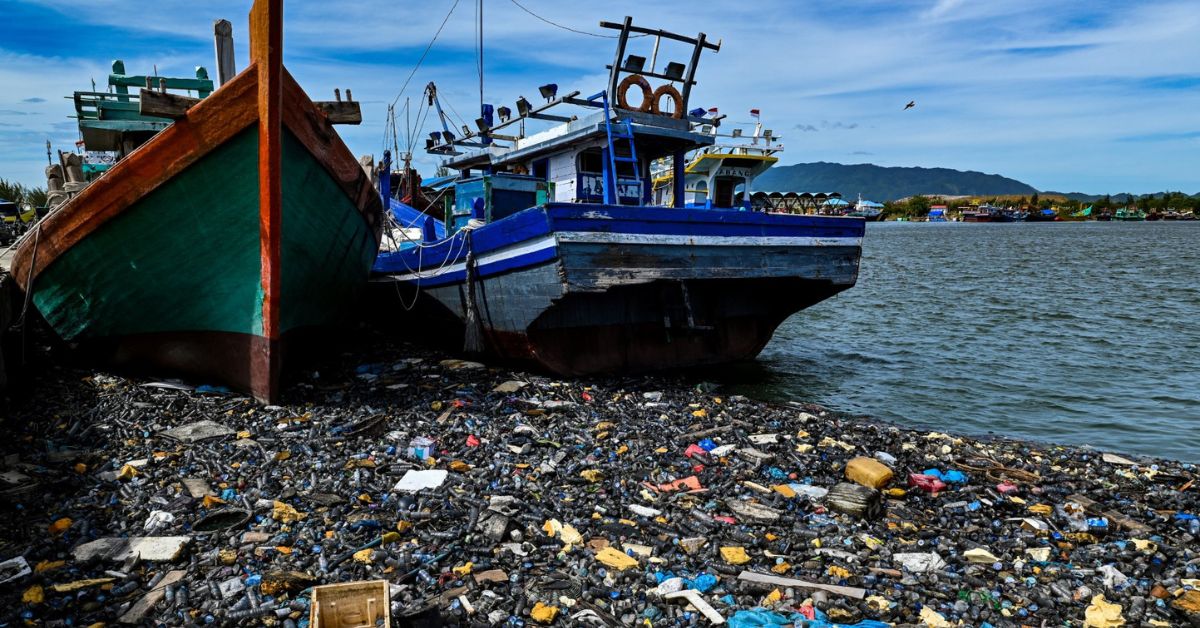NEW YORK – There is an urgent need to curb the “catastrophic” consequences of waste plastics, said UN Secretary-General Antonio Guterres .
International negotiators have already committed to hammer out a draft treaty by November on ending plastic pollution.
“Every year, over 400 million tons of plastic is produced worldwide – one-third of which is used just once,” said Guterres. “Every day, the equivalent of over 2,000 garbage trucks full of plastic is dumped into our oceans, rivers, and lakes.”
He noted that “microplastics are finding their way into the food we eat, the water we drink, and even the air we breathe.”
“Plastic is made from fossil fuels – the more plastic we produce, the more fossil fuel we burn, and the worse we make the climate crisis,” the UN chief added.
But solutions are at hand, including the legally binding agreement that remains on course following five days of negotiations involving more than 130 nations last week, “This is a promising first step, but we need all hands on deck,” he said.
He stressed that a new report from the UN Environment Programme (UNEP) showed that plastic pollution can be reduced by a staggering 80 percent by 2040 – if humankind acts now to reuse, recycle, and pivot away from plastics.
“We must work as one – governments, companies, and consumers alike – to break our addiction to plastics, champion zero waste, and build a truly circular economy. Together, let us shape a cleaner, healthier, and more sustainable future for all,” he noted.
The statistics for the damage caused by plastics are daunting; more than 400 million tons of plastic is produced every year worldwide, half of which is designed to be used only once. Of that, less than 10 percent is recycled, according to UN figures.
An estimated 19-23 million tons end up in lakes, rivers, and seas annually – approximately the weight of 2,200 Eiffel Towers.







